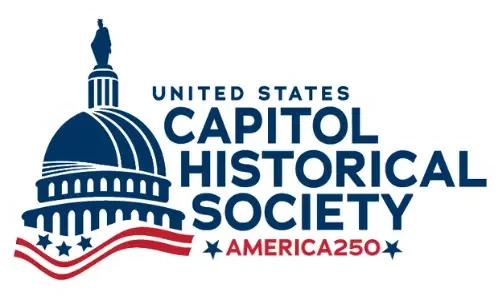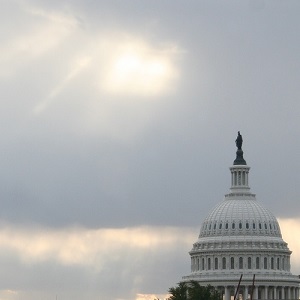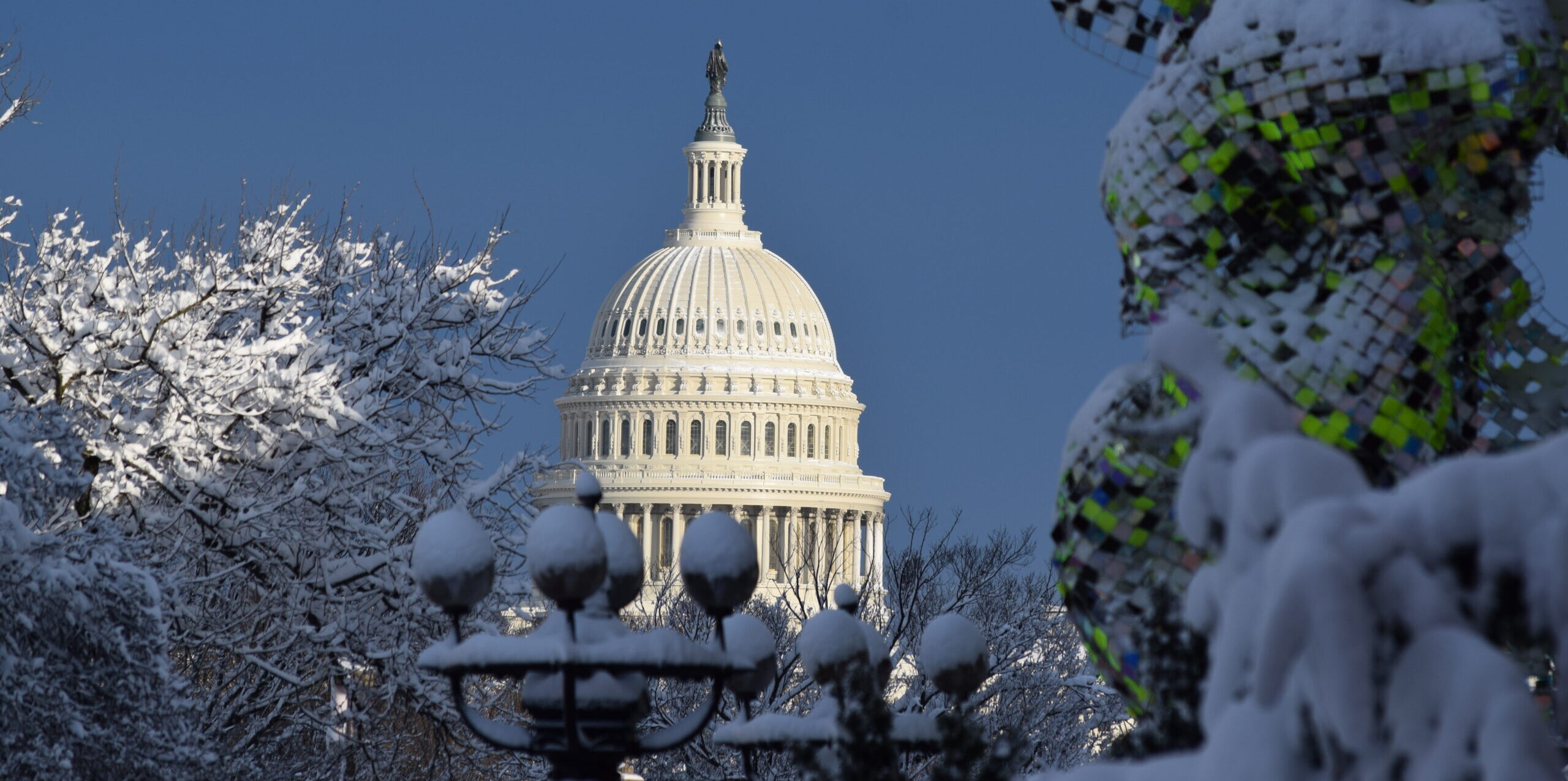The U.S. Capitol Historical Society will host its annual lunchtime lecture series on Wednesdays in August and September on Capitol Hill. This year’s iteration of the series will focus on new and ongoing research on recent congressional history and issues related to congressional capacity, which is the ability of the institution to function.
All events take place from noon to 1 pm on Wednesdays on or near Capitol Hill.
Free and open to the public.
Pre-registration is requested.
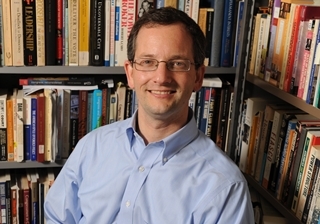 August 1: Choosing the Leader: Explaining Leadership Elections in Congress from the 1960s to the Present
August 1: Choosing the Leader: Explaining Leadership Elections in Congress from the 1960s to the Present
C-SPAN3 will broadcast this lecture on Sat., Sept. 15 at 7:05 pm. Afterward, the broadcast will be available online.
How are congressional party leaders chosen? In the first major study on the topic in decades, political scientists Matthew Green and Douglas Harris provide new insights into who is elected to party leadership posts and why. Professor Green will be presenting a portion of their forthcoming book, which draws upon whip tallies, public and private vote commitments, interviews, and media accounts from the 1960s to the present to provide new insights into the selection of party leaders in Congress.
Matthew Green (Professor of Politics, Catholic University) Matthew Green is a professor of politics at The Catholic University of America in Washington, D.C. and an associate fellow at the Institute for Policy Research and Catholic Studies. He is the author of Underdog Politics: The Minority Party in the U.S. House of Representatives (2015) and The Speaker of the House: A Study of Leadership (2010), and coauthor of Washington 101: An Introduction to the City of Washington (2014). He has also authored or coauthored several articles and book chapters on Congress and American elections. A former congressional aide, Green served as president of the National Capital Area Political Science Association in 2015-16. Green will speak about his research using archival whip counts to understand vote choices in congressional leadership races.
This lecture is co-sponsored by the John W. Kluge Center at the Library of Congress.
More information on Green’s book: Choosing the Leader: Leadership Elections in the U.S. House of Representatives, can be found on the Yale University Press website.
Location: Whittall Pavilion, Library of Congress Jefferson Building (use the Carriage Entrance on 1st St. SE)
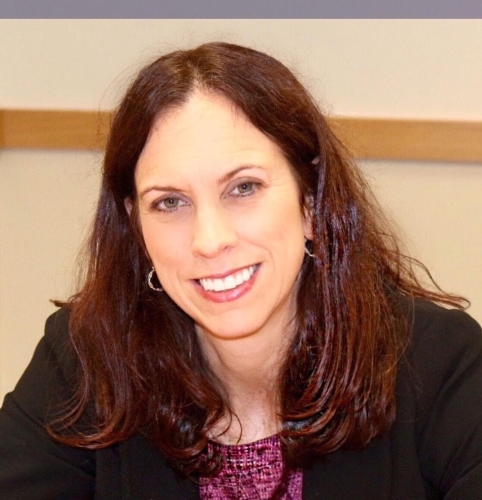 August 8: Social Media and Representation in Congress
August 8: Social Media and Representation in Congress
C-SPAN has aired this lecture, and it is available online.
The academic understanding of representation has been built on the concept of legislative members serving as either delegates or trustees. More recently, Jane Mansbridge (2003) posited that the nature of representation has changed and must now include other paradigms. However, her new models do not account for changes in technology. The advent and adoption of social media by Members of Congress has provided an opportunity to reevaluate representation and the potential for interactivity through online platforms. Colleen Shogan and Jacob Straus examine the impact of social media on representation and develop a new theory–interactive representation–to explain the potential for real-time communication between Members of Congress and constituents. They use several case studies to illustrate the concept of interactive representation and explain why it has the potential to change democratic norms in substantial ways.
Colleen J. Shogan is the Deputy Director of National and International Outreach at the Library of Congress. She is a former Senate staffer and Deputy Director of the Congressional Research Service. Her work has been published in numerous scholarly journals, blogs, and newspapers. She currently teaches in the American politics graduate program at Georgetown University and serves as a member of the American Political Science Association (APSA) Council, the governing body of the organization. She received her BA from Boston College and her MA and PhD in Political Science from Yale University.
Jacob R. Straus is a specialist on Congress with the Congressional Research Service (CRS) at the Library of Congress. He works on lobbying, ethics, commemorations (including monuments and memorials), congressional advisory commissions, and congressional communications. Prior to joining CRS, he was an assistant professor of political science at Frostburg State University (MD). His work has been published in Presidential Studies Quarterly, Journal of Legislative Studies, PS: Political Science & Politics, Online Information Review, and edited Party and Procedure in the United States Congress (Rowman & Littlefield, 2012 and 2016). He received his BA from the University of Maryland and his MA and PhD from the University of Florida.
This lecture is co-sponsored by the John W. Kluge Center at the Library of Congress.
Location: LJ-119, Library of Congress Jefferson Building (use the Carriage Entrance on 1st St. SE)
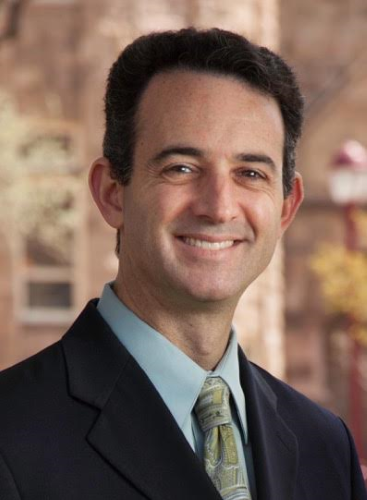 August 15: Learning from Loss: How Parties Interpret Election Losses and Prepare for the Next Fight
August 15: Learning from Loss: How Parties Interpret Election Losses and Prepare for the Next Fight
C-SPAN has aired this lecture, and it is available online.
Are parties capable of learning from their failures? Seth Masket will examine several examples of parties trying to understand a surprising loss and recalibrate for the next election and apply this to the current presidential election cycle.
Seth Masket is a professor of political science and director of the Center on American Politics at the University of Denver and the author of The Inevitable Party: Why Attempts to Kill the Party System Fail and How They Weaken Democracy (Oxford University Press). He teaches and researches on political parties, state legislatures, and campaigns and elections. He is a regular contributor to Pacific Standard, Vox’s “Mischiefs of Faction,” and FiveThirtyEight. Masket is currently working on a book project examining Democratic Party activists’ interpretations of and reactions to the 2016 election.
Location: Ketchum Hall (200 Maryland Ave. NE).
 August 22: Congressional Dysfunction and the Earmarks Ban
August 22: Congressional Dysfunction and the Earmarks Ban
C-SPAN has broadcast the audio from this lecture, and it is available online. The event starts at about the 17-minute mark.
Congressional earmarks, often derided as “pork,” used to enable legislators to get projects funded in their districts. This long-used tool, banned after the 2010 elections, has an interesting history and politics, and its discontinuation has prompted greater congressional dysfunction. From imperiling previously bipartisan appropriations bills, to lowering the status of appropriators, to making it more difficult for party leadership to control their members, the earmarks ban has had wide-ranging effects on Congress.
Laura Blessing joined the Government Affairs Institute at Georgetown University as a senior fellow in 2015. Prior to coming to Georgetown, she earned her political science PhD from the University of Virginia, where she was also a Miller Center National Fellow and a fellow for the Bankard Fund for Political Economy. Her dissertation covers the politics and development of tax policy; her interests include policy, institutions, and political parties. She worked on the Hill as an American Political Science Association (APSA) Congressional Fellow, serving as the legislative assistant for tax policy for a senior member of the Ways and Means Committee. She is currently working on a book on the politics of tax policy from the mid-century period to today.
Location: Ketchum Hall (200 Maryland Ave. NE).
Augu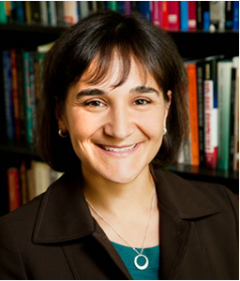 st 29: Poor Representation: Congress and the Politics of Poverty in the United States
st 29: Poor Representation: Congress and the Politics of Poverty in the United States
Kristina Miler’s recently completed book on the congressional representation of the poor examines what Congress does–and doesn’t do–for the poor by examining political speeches, party platforms, and legislative behavior over more three decades. In addition to looking at the aggregate output of the Congress, she examines the behavior of all House members since the 1980s, and finds that while Congress generally does very little to address poverty, there are some legislators who act as champions of the poor.
Kris Miler is an Assistant Professor in the Department of Government and Politics at the University of Maryland. She received her Ph.D. in political science from the University of Michigan and was on faculty at the University of Illinois at Urbana-Champaign prior to joining the faculty at Maryland. She teaches courses in American government, legislative politics, interest group politics, and social movements. Her research interests focus on political representation, especially in the U.S. Congress. She is the author of Constituency Representation in Congress: The View from Capitol Hill (Cambridge University Press, 2010), which won the Alan Rosenthal Award from the American Political Science Association for the best book or article of potential value to legislative practitioners. Her research has appeared in the Journal of Politics, Legislative Studies Quarterly, Political Psychology, and American Politics Research. She is currently writing a book on the political representation of the poor in the U.S. Congress.
Location: Ketchum Hall (200 Maryland Ave. NE).
 September 5: The Rise and Fall of Legislative Branch Staffing
September 5: The Rise and Fall of Legislative Branch Staffing
C-SPAN recorded this lecture for later broadcast; stay tuned for information about the airtime.
Congress needs staff to carry out the duties prescribed by the Constitution and demanded by the public. From 1900 to 1990, Congress sporadically grew its staff to help it contend with its growing workload. That ended in the 1990s, and since then the legislative branch has downsized its corps of employees despite the expansion of government.
Kevin Kosar is vice president of policy for the R Street Institute, where he oversees all of the institute’s research. He co-directs the non-partisan Legislative Branch Capacity Working Group (LegBranch.com), which aims to strengthen Congress. Kevin joined R Street in October 2014 from the Congressional Research Service, where he served as analyst and research manager.
Location: Ketchum Hall (200 Maryland Ave. NE).
